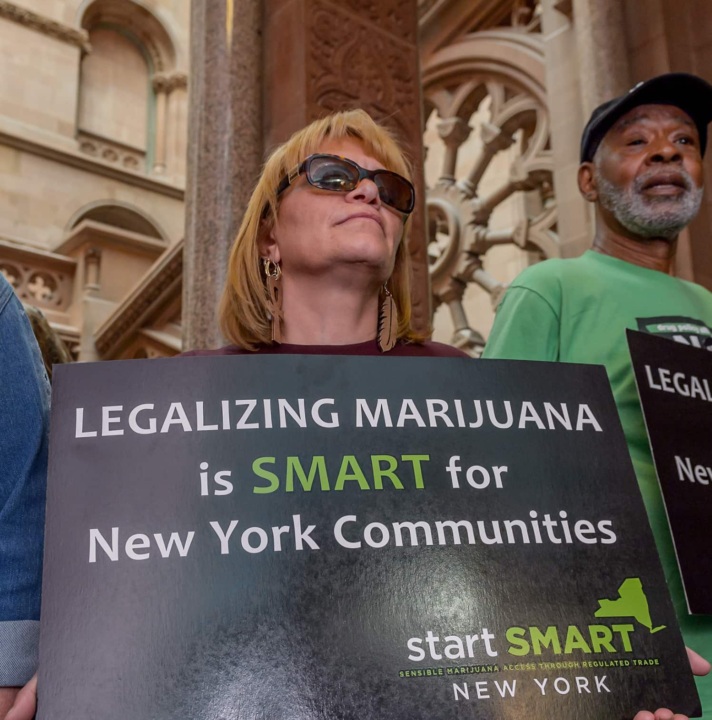The Marijuana Regulation and Taxation Act legalized marijuana in New York. It created a groundbreaking model for an equitable and diverse industry, including a licensing program for directly impacted people, family farmers, and small businesses. It significantly reinvested marijuana tax revenue into communities most impacted by criminalization. And it had robust provisions undoing harms. This includes automatic expungements for prior marijuana offenses and addressing other consequences within immigration, housing, employment, and child welfare. It set a new gold standard for how to legalize the right way. For years, DPA led advocacy making this win possible in New York.

